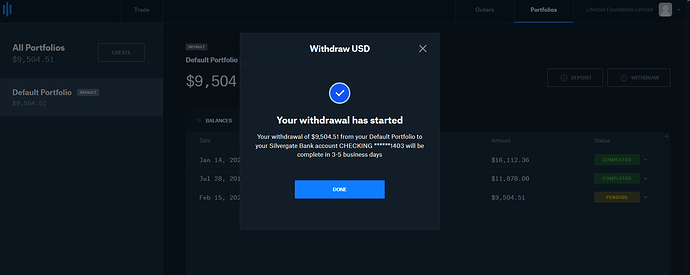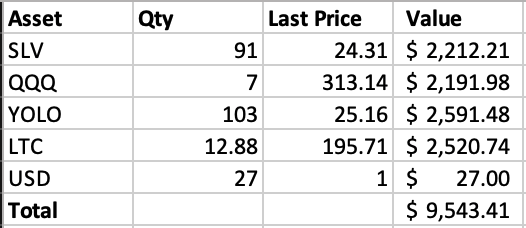Introduction
The Litecoin team have been doing very well. Besides regular updates of the Litecoin Core repository, we activated SegWit in 2017, which helped Bitcoin greatly with its SegWit activation. After that, we started to work together with leading tech startups like LND to make sure lightning network work smoothly on Litecoin. Recently, we are actively discussing with the community about MimbleWimble and Confidential Transactions from the technology and regulatory perspectives.
The advent of the Litecoin Foundation brought a mission to be a huge contributor to furthering the development and adoption of Litecoin as a decentralised currency. By relying on a modern corporate management model, the Foundation was able to conduct much more efficient and effective decision making, fundraising and fund management. We successfully held the Litecoin Summit in San Francisco last year, funded two full-time developers, and with great financial support from Charlie Lee and others, we launched multiple marketing campaigns this year to boost the awareness and adoption of Litecoin, and we are planning another Litecoin Summit this year in Las Vegas.
The Litecoin Core team and the Litecoin Foundation have got tremendous support from the community from both the finance and expertise aspects. Hundreds of thousands of dollars worth of donations have been made to the foundation, and numerous volunteers have contributed their precious time, effort, and expertise. We deeply appreciate all these contributions and we are also greatly motivated and inspired by them.
However, we recognise that the current model of the Litecoin Foundation, a centralised organisation and also the main contributor to Litecoin’s development and adoption, is not without limitations. As we always strive to make Litecoin development even more transparent, active and community-driven, we plan to launch a project-based community crowdfunding system similar to the one used by the Monero team. The main idea is:
- The community propose project ideas, which are then debated and filtered.
- The project leaders then solicit donations from the community by themselves. Once the project’s escrow account held by the foundation gets fully funded, the project starts.
- The project leaders give reports to the community at each milestone of the project. The Litecoin Foundation release the funds in the project’s escrow account accordingly.
- When all milestones are completed and all funds released, the project is finished.
While projects on this platform will mostly proceed autonomously, the Litecoin Foundation, with the help of the Litecoin Core team, will determine whether the community has reached a consensus in Step 1 stated above, and it will hold the escrow funds and check the milestones and release the funds accordingly and also help resolve disputes. Also, the Litecoin Foundation may help solicit funds for some projects or even directly fund them if it wishes, subject to its policies especially the conflict of interest rules.
To build such a platform, we plan to not rely on the funds of the Litecoin Foundation; instead, we bootstrap by setting up this platform-building project following the same spirit of its own but using this forum thread.
Since Monero’s system is open-sourced, we do not need to re-invent the wheel and can adopt most of its code and design with some modifications to save costs. Once the development is finished, the system will be transferred to and operated by the Litecoin Foundation.
Milestones
- Develop the system
- Two-year maintenance
Cost
45 Litecoin (about 3000 USD at the time of publishing this post)
Fundraising
The community donated 48.43 LTC to address MTH33tn6t5SH7diMR2myu7G3vHQF75ysA4. It is an escrow wallet held by the Litecoin Foundation.
References
- Monero’s community crowdfunding system https://ccs.getmonero.org
- Monero’s CCS frontend code repo monero-project / CCS Frontend · GitLab
- Monero’s CCS backend code repo monero-project / CCS Backend · GitLab
- Monero’s CCS proposals repo monero-project / CCS Proposals · GitLab


